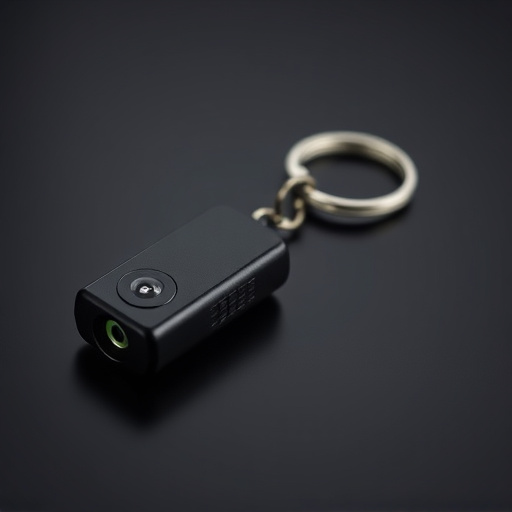Mini keychain spy cameras (mini DVRs) offer discreet high-definition video surveillance with motion activation, night vision, and internal memory storage. Selecting the best one requires considering resolution, storage capacity, recording duration, and loop functionality based on unique needs. While these compact devices provide powerful monitoring, they raise critical privacy, ethics, and legal issues due to their ease of concealment and potential for unauthorized surveillance, necessitating public dialogue and adaptable laws.
Surveillance devices, particularly the compact and discreet mini keychain spy cameras with built-in DVRs, have transformed the way we monitor our surroundings. This article explores the multifaceted world of these tiny yet powerful tools, delving into their advanced capabilities, from high-resolution video recording to motion detection. We’ll guide you through choosing the ideal device for your needs, while also addressing ethical and legal considerations, ensuring responsible use in today’s tech-driven landscape.
Understanding Mini Keychain Spy Cameras: Unveiling Their Capabilities
Mini keychain spy cameras, also known as mini DVRs, are compact and discreet surveillance devices that fit comfortably on your keychain or in a pocket. These tiny yet powerful tools offer a range of capabilities, making them popular choices for personal and professional use. With built-in memory storage, these cameras can capture high-definition video and take sharp still images without the need for external storage devices.
One of their standout features is the ability to record video continuously or in motion-activated mode, ensuring you never miss a crucial moment. Additionally, they often come with night vision capabilities, allowing for surveillance even in low-light conditions. Their small size and portable nature make them easy to carry and deploy, providing users with the convenience of having a surveillance device at their fingertips.
How to Choose the Right Built-in DVR for Your Needs
When selecting a mini keychain spy camera with built-in DVR, understanding your specific requirements is key. Consider the resolution and storage capacity to ensure it captures high-quality footage for as long as needed. Higher resolutions provide sharper images but may require more storage space.
Additionally, think about the recording duration and loop functionality. Some devices offer continuous recording, while others have a loop that records over the oldest footage first. A longer recording time is ideal if you need to monitor activities for extended periods. The right choice will depend on your unique needs, whether it’s for personal security or professional surveillance.
Ethical Considerations and Legal Implications of Using Surveillance Devices
The widespread adoption of surveillance devices, such as the compact and discreet mini keychain spy camera with built-in DVR, raises significant ethical and legal questions. Privacy advocates argue that the increasing availability of such technologies blurs the line between public and private spaces, potentially infringing upon individuals’ right to privacy. This is especially concerning given the ease with which these devices can be hidden or attached to everyday items, making them hard to detect. Legal implications are also complex; while some jurisdictions have laws governing surveillance, the rapid evolution of technology often outpaces legislation, leaving loopholes and ambiguous legal grounds.
Moreover, the use of mini keychain spy cameras raises ethical dilemmas regarding consent and data protection. Unconsented surveillance can invade personal privacy, leading to a chilling effect on free expression and behavior. Additionally, the storage and disposal of recorded footage must be handled with care to prevent unauthorized access or misuse, especially as these devices often capture intimate or sensitive information. Balancing security needs with individual freedoms is a delicate task, one that requires constant public discourse and adaptable legal frameworks to keep pace with technological advancements.
